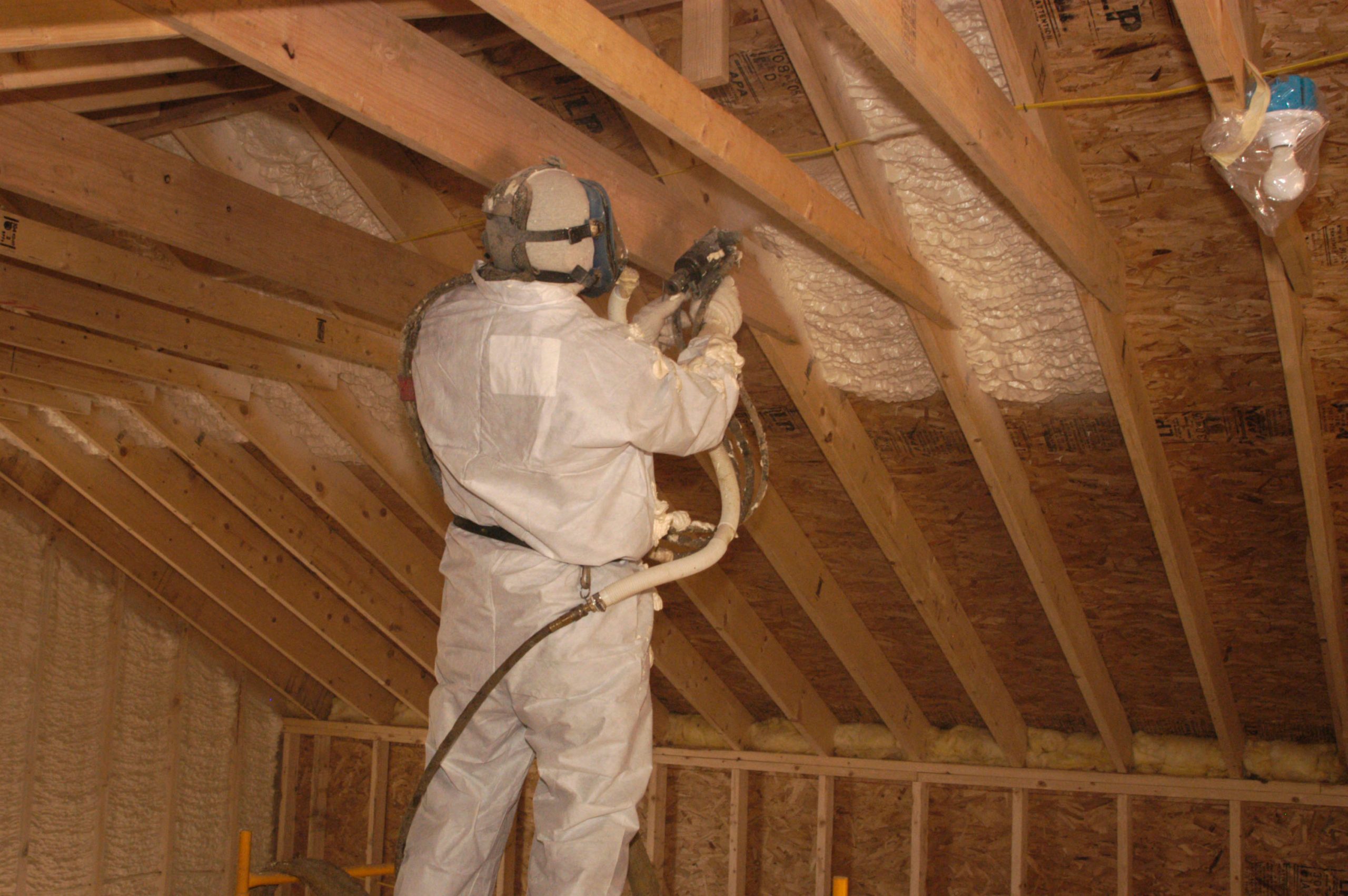- BY Brian Roam
- POSTED IN Uncategorized
- WITH 0 COMMENTS
- PERMALINK
- STANDARD POST TYPE

Insulating your building not only minimizes the transmission of heat but also reduces energy costs. According to the United States Energy Information Administration, for every British Thermal Unit consumed in insulation production, 12 British Thermal Units are saved yearly by using insulation. There are several types of insulation that you can use. Each building comes with its own insulation level. This is generally known as an R-value. The walls and windows alone can’t generate enough R-value for most buildings. This is where the additional insulation, like spray foam insulation, steps in. It’s usually added to ceilings, walls, and floors. So, how do you choose the right type of insulation?
What Are the Different Types of Insulation and Their Advantages?
Over time, many insulation materials have been developed. Each type is meant for specific areas in your building and different regions in the world. Knowing the different types of insulation will help you decide which one is suitable for your needs. Things to look at when assessing the different types of insulation materials include flammability, material toxicity, durability, affordability, and ease of installation. These factors will help you make the right decision about which material you should choose. In certain instances, using one type of insulation might not be enough to attain the target R-value. This means you may have to use a combination of materials to get the desired level of insulation.
What Is the R-value of Your Building?
Insulation is usually installed on exterior walls, floors, attics, and crawl spaces. The amount and type of insulation you use can be determined by the R-value of your building. R-value generally varies with the thickness, density, and type of insulation material. Materials with higher R-values generally have more insulation capabilities than those with lower. If your building has a lower R-value, then you will need to stick to types of insulation materials with high R-values. If you’re in a warm region, then it may be a good idea to select an insulation material that has a low R-value. The opposite is true for colder regions.
What Other Qualities Are You Interested In?
Besides controlling heat transmission, insulation materials also have other benefits. For instance, spray foam insulation can help with moisture control. It also helps to limit the amount of noise in your home. When you insulate the gaps and cracks in your walls, doors, and windows for tightness, it helps control mold, pests, and noise within your building. If you’re interested in sound deadening, then you need to go for insulation material with the best soundproofing qualities, like spray foam insulation.
It’s very important to choose the right insulation material for your building. Are you struggling to choose the right insulation material for your building? Get in touch with Idaho Insulation today to know more about the different types of insulation.


